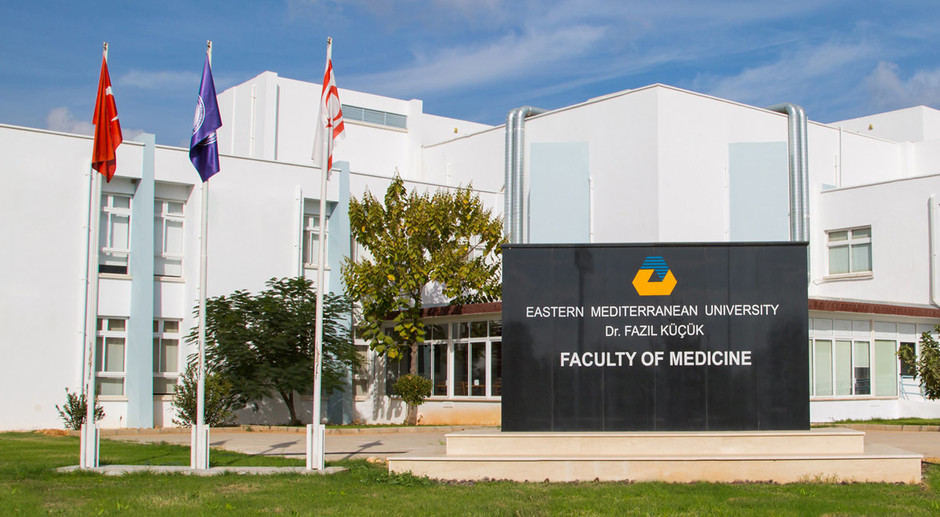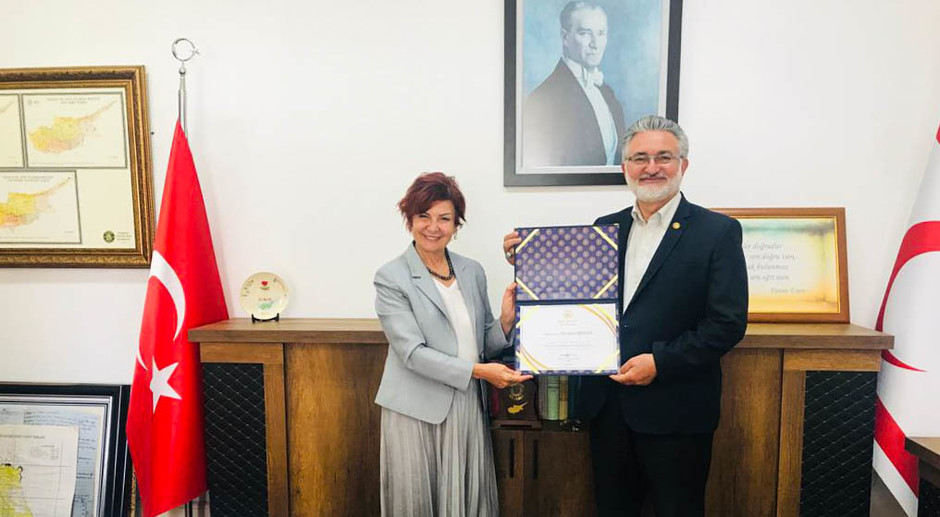Eastern Mediterranean University Dr. Fazıl Küçük Medicine Faculty Dean Prof. Dr. Nahide Gökçora released a statement on 28 February “World Rare Disease Day”, which reads as follows:
“Since 2008, on the last day of February, patient organisations from countries and regions all over the world have been holding awareness-raising activities regarding rare diseases, marking the importance of the said rare diseases with a prevalence ranging between 1 in 2 thousand and 100 thousand. Around 400 million people worldwide and 7 million patients in Turkey fight with rare diseases, some of which you may have never heard.
Currently, between 6000 and 8000 diseases have been categorised in the group of rare diseases. Most of them have a genetic origin with symptoms appearing either at birth or at a later age. Diseases affecting the nervous system, muscle-skeletal system or blood cells fall into this category. Diseases including Glucose-6-phosphate dehydrogenase enzyme deficiency, congenital hypothyroidism, parkinson disease, alzheimer's disease, galactosemia, phenylketonuria, and cystic fibrosis are amongst rare diseases more frequently encountered and have a higher early diagnosis rate. Most of these diseases which bring physical and mental disabilities do not have any cures that are known to us. In most of them, palliative treatment methods are applied to elevate the life quality of the patients.
Sometimes, a newborn jaundice affecting a newly born baby, or a spot on the skin or eye, or sometimes loss of feelings on different organs are defined as the early symptoms of rare diseases. Undiagnosed metabolic disorders appearing at neonatal period may bring along physical and mental disabilities which may appear to be irreversible. Diseases in this group may be diagnosed with heel prick tests at the first week of life and some of them may even be cured with proper nutritional measures.
The heel prick test is a free of charge screening conducted in many countries including Turkey. Unfortunately, the said test in our country is charged as it is carried out by private laboratories. For the heel prick test which has great significance for human life, government policies and awareness raising activities should be developed.
In the path towards preventing the irreversable effects of rare diseases at early stages of life, the community and more specifically health professionals should be informed about the early symptoms of the disease. As EMU Dr. Fazıl Küçük Medicine Faculty, we are ready to support all awareness raising activities and projects organised and carried out for the prevention of rare diseases. One should not forget that everything starts with awareness.”







